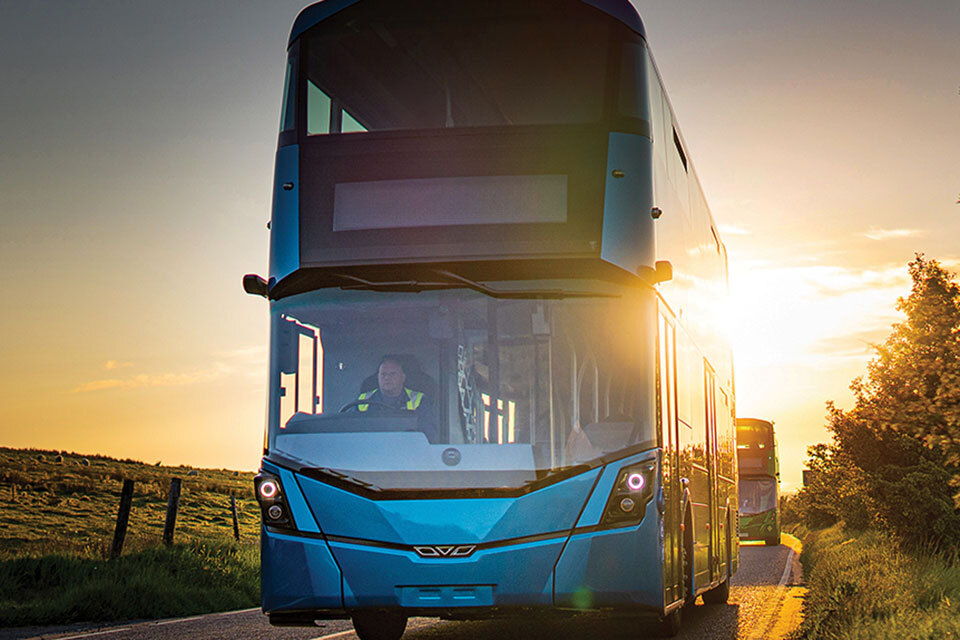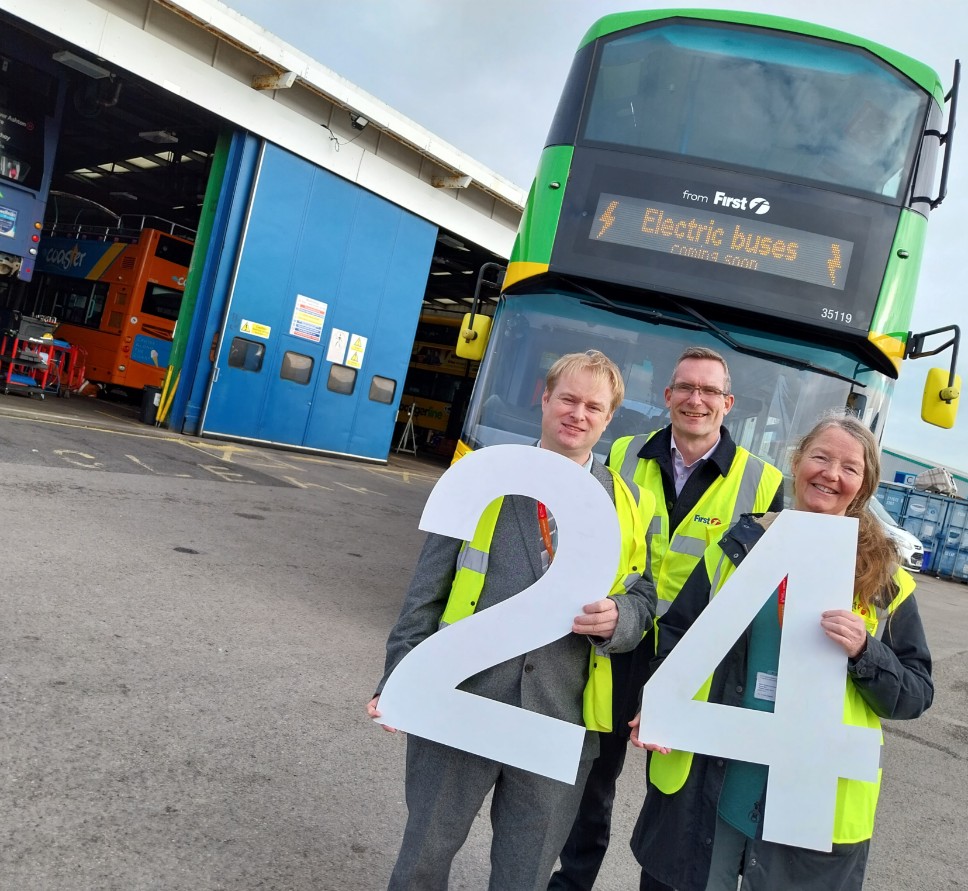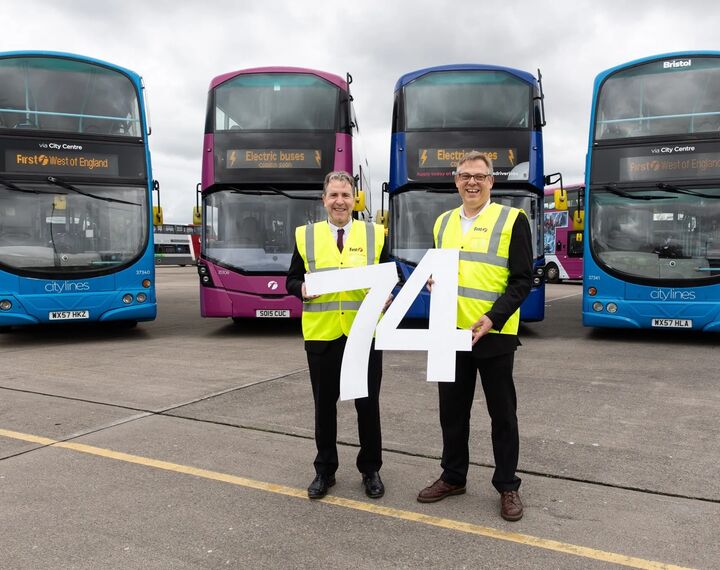YorkRailFan
Established Member

£143 million for better bus journeys as almost a thousand zero emission buses to hit the road
Rural areas in England will be prioritised to receive new buses, which will improve the passenger experience.
Government now confirms to £143 million to get 955 EVs in service.Millions of bus passengers will enjoy cleaner, more reliable and more comfortable journeys as the government invests a further £143 million to roll out almost a thousand new zero emission buses in England.
Today (22 March 2024), Transport Secretary Mark Harper has confirmed that 955 zero emission buses will hit the road as 25 councils receive funding to decarbonise their bus fleets, with rural areas prioritised as part of the government’s plan to improve local transport.
From Derbyshire to Devon, to Torbay and the Tees Valley, the new investment will make local bus fleets more efficient, more comfortable and more sustainable while improving the local journeys that so many people rely on.
The funding comes from the second round of the Zero Emission Bus Regional Areas (ZEBRA) programme, which will see new electric buses in towns, villages and cities across England, including the most rural parts of the country, many of which will get zero emission buses for the first time.
Thanks to the ZEBRA scheme, no other European country registered as many electric buses in 2023 as the UK, with zero emission buses accounting for almost half of all new large buses introduced last year, according to the Society of Motor Manufacturers and Traders (SMMT).
Today’s investment follows over £270 million to 16 local transport authorities (LTAs) and councils from the first round of ZEBRA funding, bringing the total government support to roll out zero emission buses to more than £413 million across 41 LTAs.
As more than half of electric buses from the first round of the ZEBRA scheme are manufactured in the UK, introducing up to 955 new electric buses will continue to help support skilled UK jobs and grow the economy.
To make sure more parts of England benefit from better buses and green technology, particularly rural areas where the journey towards decarbonising buses is in its early stages, the government has prioritised the first £40 million for rural communities.
The funding is in addition to more than £3.5 billion the government has invested since 2020 to protect and improve bus services in England. Thanks to reallocated High Speed 2 (HS2) funding, the £2 bus fare cap has also been extended all the way to 31 December 2024 and a further £1 billion is being invested to improve bus services in the north and the Midlands.
The new zero emission buses follow £4.7 billion of reallocated HS2 funding invested directly into the north and Midlands through the Local Transport Fund to invest in improvements such as refurbished local bus stations and improve local connections for more people, in more places, more quickly.
Transport Secretary, Mark Harper, said:
As part of our plan to improve local transport across the country, we’re providing a further £143 million to improve journeys for bus passengers particularly in rural areas, with almost a thousand brand new, zero emission buses due to hit the road.
This latest investment into our bus fleet comes on top of the £3.5 billion we have invested into our bus network since 2020, protecting and improving bus routes into 2025 as well as extending the £2 bus fare cap until the end of 2024, made possible by reallocated HS2 funding.
The new state-of-the-art buses will improve the passenger experience, providing users with considerably quieter and more comfortable journeys.
The new zero emission buses will also drive on smoother roads thanks to £8.3 billion to resurface over 5,000 miles of roads in England over the next decade, the biggest ever funding uplift to improve local roads, all thanks to reallocated HS2 funding.
Alison Edwards, Director of Policy and External Relations at the Confederation of Passenger Transport (CPT), said:
CPT welcomes this support from government to help accelerate vital public and private investment in new zero emissions vehicles and charging infrastructure.
The transition to a zero emission bus fleet is a huge opportunity for Britain to lead the world in creating a modern zero emission bus network that offers a growing number of passengers one of the most sustainable forms of transport.
The new zero emission buses will not only be cleaner, helping improve local air quality both for bus users and local communities, but they will also be more modern and replace older diesel buses.
They will also meet enhanced accessibility standards and will come with the latest passenger experience features, such as wifi and USB charging sockets.
Last edited by a moderator:






